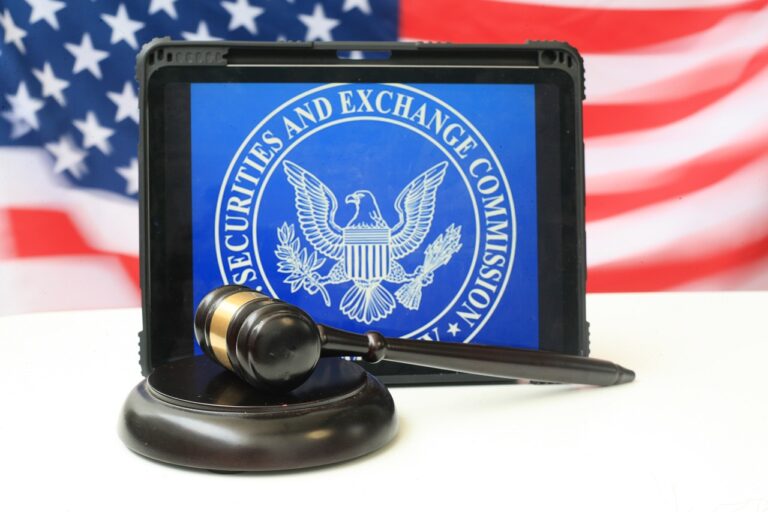On 10 April 2024, Uniswap Labs announced its receipt of a Wells notice from the U.S. Securities and Exchange Commission (SEC), a preliminary step before potential legal action.
A Wells notice is a formal notification issued by the staff of a regulatory body, such as the U.S. Securities and Exchange Commission (SEC), to inform a company or individual that the staff has completed its investigation and intends to recommend that the Commission take enforcement action against them. This notice is part of the SEC’s enforcement process and provides the recipient with the opportunity to respond before any official charges are filed or actions are taken.
The Wells Notice outlines the specific violations that the staff believes have occurred, allowing the recipient to submit a written explanation or argument, known as a “Wells submission,” arguing against the proposed enforcement action. This submission is an opportunity for the recipient to present their side of the story, potentially influencing the Commission’s decision on whether to proceed with enforcement.
Despite this development, Uniswap reassured users of the continued availability of its current and future products. This move by the SEC aligns with similar actions against other industry players like Coinbase, prompting Uniswap to critique the SEC’s approach as politically motivated rather than regulatory, highlighting a lack of clarity and registration pathways for lawful U.S. operations.
Uniswap refuted the SEC’s broad classification of most tokens as securities, illustrating tokens as digital containers for value, akin to PDFs or spreadsheets, and not inherently securities. It emphasized that many tokens, including stablecoins and community tokens, along with secondary market transactions, do not constitute securities. The firm also pointed out the SEC’s resistance to creating registration processes for tokens potentially classified as securities.
Uniswap’s statement introduced the DeFi startup as a pioneering U.S.-based company in New York City, founded by Hayden Adams. It spotlighted the Uniswap Protocol’s role in advancing decentralized market structures through transparent, self-custodial transactions, and its significant usage of Ethereum’s block space. With $2 trillion processed transactions and widespread adoption, Uniswap underscored its legal and innovative stance, contrasting it with the SEC’s protective stance over traditional, opaque systems.
Uniswap detailed its foundational belief in blockchain technology’s potential to enhance consumer choice and control, emphasizing the importance of fighting for economic freedom and innovation against regulatory obstacles. It criticized the SEC’s actions as detrimental to American innovation and economic participation.
Legally, Uniswap argued that its operations fall outside the SEC’s jurisdiction, citing precedents and legal definitions that distinguish its activities from securities trading or brokering. It pointed to the specific case of the UNI token, which does not meet the traditional criteria of a security under U.S. law, reinforcing its confidence in the legality of its offerings.
At the time of writing (8:20 a.m. UTC on 11 April 2024), UNI is trading at around $9.38, down 16.2% in the past 24-hour period.
Featured Image via Pixabay









